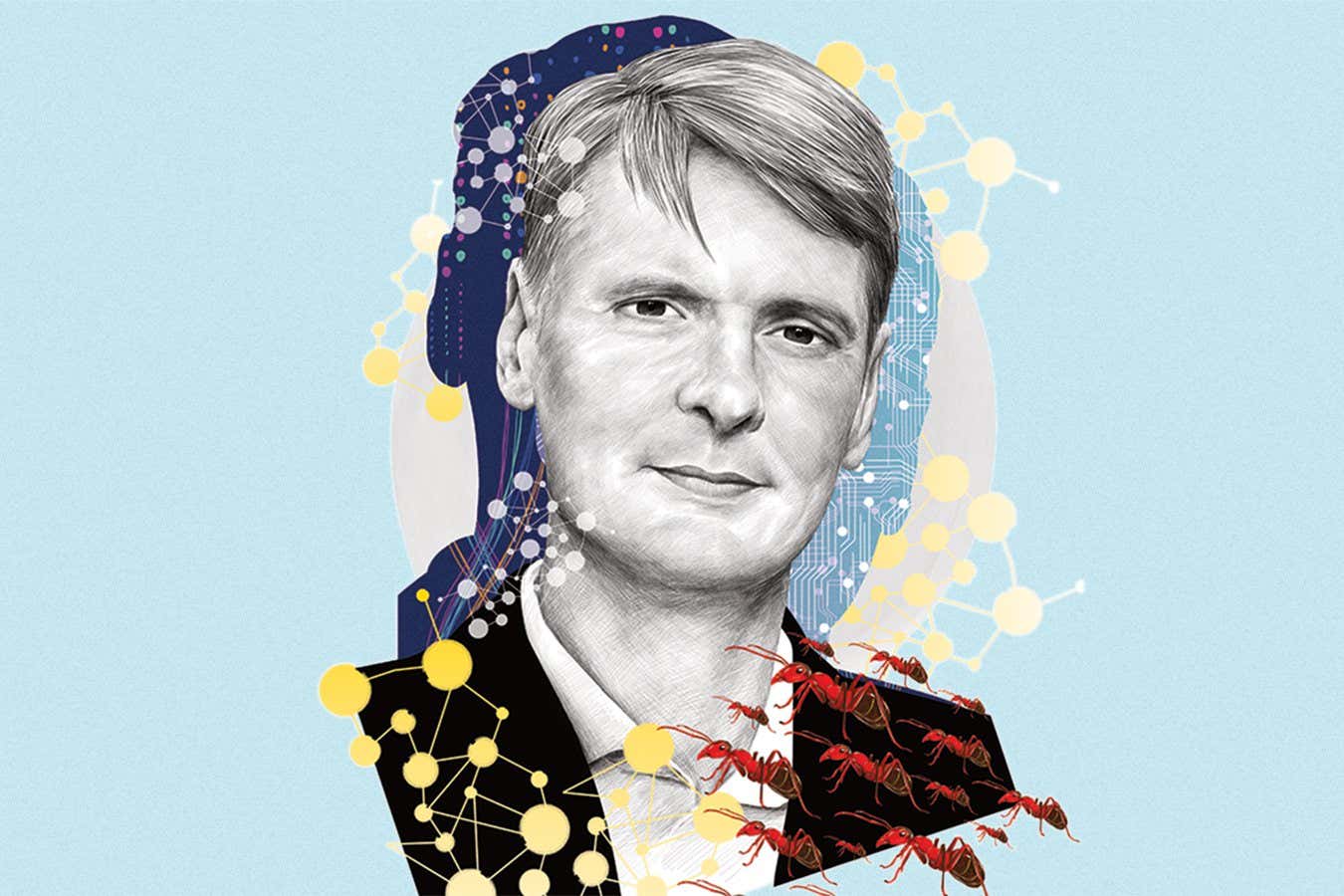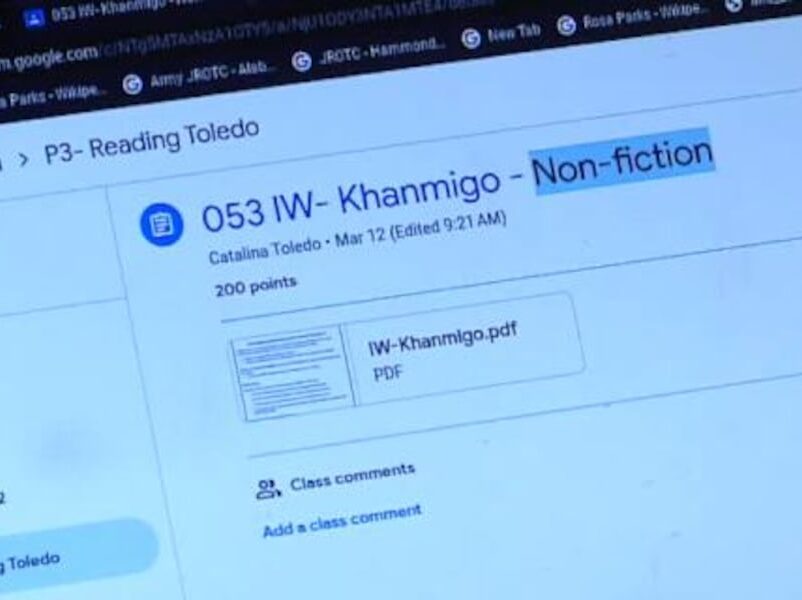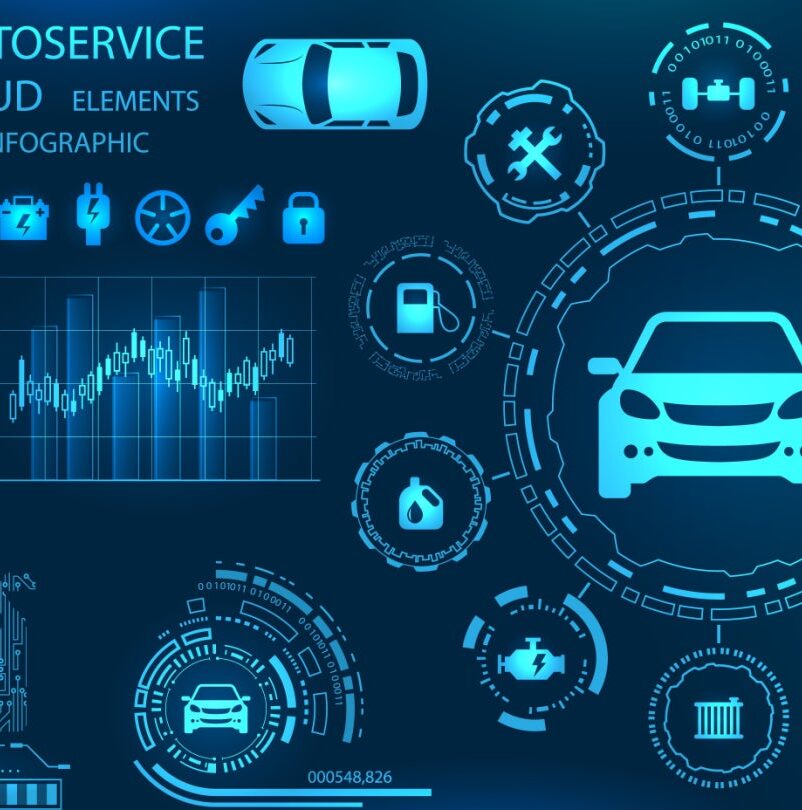

What sets humans apart from the rest of life, or indeed inert matter? Many people would respond that it is our intelligence. Yet the rise of seemingly intelligent machines challenges this way of thinking. The companies behind these new artificial intelligence technologies, in the form of ChatGPT and its rivals, speak of achieving artificial general intelligence – machines that have the same level of intelligence as humans across a range of tasks.
Does this meteoric rise in AI make human intelligence, and therefore us, less special? Neil Lawrence, professor of machine learning at the University of Cambridge, doesn’t think so. In fact, he thinks we should throw out the concept of artificial general intelligence altogether.
In his new book The Atomic Human: Understanding ourselves in the age of AI, Lawrence makes the case that it is only by better understanding our own intelligence, and how wildly different it is to its artificial counterpart, that we can make the most of both. Here he tells New Scientist why he thinks both human and artificial intelligence are misunderstood, why it is pointless to compare the two and why, ultimately, we need a more nuanced understanding of intelligence.
Alex Wilkins: What do you make of the trend to compare artificial to human intelligence?
Neil Lawrence: Most of these arguments are pointless, they are irrelevant. Of course, the nature of the intelligence that we’re seeing in AI is extremely different from our own. It’s absurd that people are talking about this intelligence as if it’s anything to do with us.…




